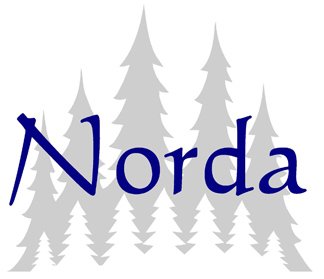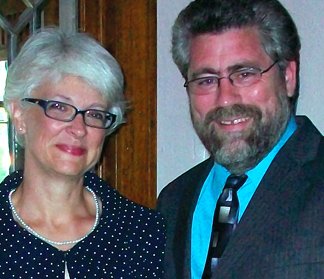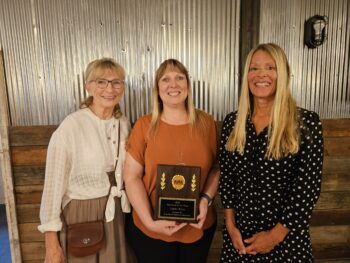 The purpose of the Norda Scholarship for Adult Returning Students is to grant funds to help defray education and related travel, childcare, or other costs of those students. The Adult Returning Student is a person who is 22 years old or older at the time they begin their certification, or certificate program or their first degree program. Scholarship funds can be used for tuition and fees, child-care expenses, and the purchase of books or equipment such as computers related to the education program. Financial need of the scholarship candidates may be considered.
The purpose of the Norda Scholarship for Adult Returning Students is to grant funds to help defray education and related travel, childcare, or other costs of those students. The Adult Returning Student is a person who is 22 years old or older at the time they begin their certification, or certificate program or their first degree program. Scholarship funds can be used for tuition and fees, child-care expenses, and the purchase of books or equipment such as computers related to the education program. Financial need of the scholarship candidates may be considered.
When the North Central Association decided to remove accreditation from Mount Senario College, it took the only local route to a four-year degree. Now Rusk County residents must go elsewhere for higher education. This adds additional costs of travel and child-care for non-traditional students. Norda Education Programs has been located in Rusk County since 2003. They are approved by the State of Wisconsin Department of Public Instruction to provide teacher and administrator certification programs. The directors of Norda have worked in higher education for more than 20 years.

Margaret and Mark Stensvold were the owners of Norda Educational Programs. Norda provided programs for prospective and practicing teachers and education administrators to help them achieve professional goals and better serve the students of Wisconsin. Those programs included certification programs for new teachers and administrators and professional development for practicing teachers and administrators. Now retired, both Margaret and Mark have been K-12 teachers and college educators.
Scholarship Criteria
- 22 years of age or older at the time they begin their degree, certification or certificate program.
- Be a Rusk County resident.
- Must complete the Rusk County Community Foundation’s Norda Scholarship Application Form.
- Money can be used to defray education related expenses of low income, adult students.
- Grant funds could be used for tuition and fees, child care expenses and the purchase of books or equipment (such as computers related to the educational program.)
- The funds cannot be used for an advanced degree (masters, specialist or doctorate) except in the case of a certification program that partially fulfills requirements for such a degree.
- Community Foundations cannot make grants to individuals.
Any grant awarded would be payable to the education institution and put in the student’s account or possibly be administered via a flow through participating 501c(3).








